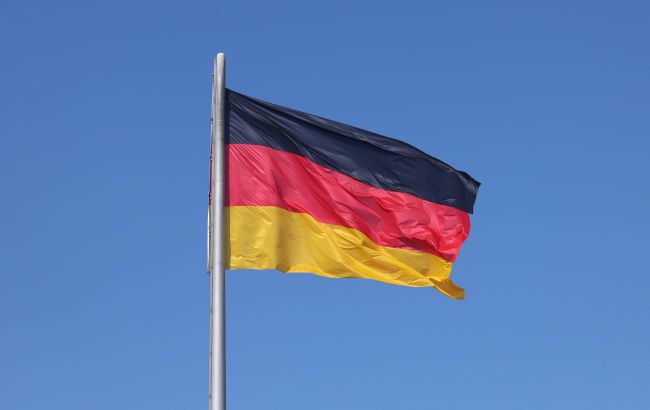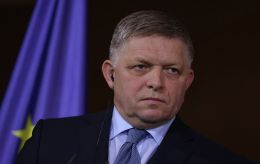Berlin promises to support Ukraine for as long as necessary
 Illustrative photo (Getty Images)
Illustrative photo (Getty Images)
Germany will continue to support Ukraine in its defense against the Russian invasion for as long as necessary. This statement was made in Berlin in response to a publication by Frankfurter Allgemeine Sonntagszeitung (FAZ), which reported that the Ministry of Finance would not approve additional requests for military aid to Ukraine due to budget constraints, citing Bloomberg.
The Ministry of Finance spokesperson, Fabian Leber, said that Chancellor Olaf Scholz’s ruling coalition and its international partners would rely on part of the support for the Kyiv government to be financed through profits from frozen assets of the Russian central bank.
“We are still standing shoulder to shoulder with Ukraine and that applies especially to Finance Minister Christian Lindner,” Leber told reporters at a regular press conference. “He says that of course we will support Ukraine for as long as necessary.”
The European Union, the United States, and other G7 countries are working on approving plans to provide Ukraine with $50 billion in loans by the end of the year, according to an agreement reached at the G7 leaders' summit in June.
Both Leber and Deputy Government Spokesperson Wolfgang Buechner said that Germany is awaiting an agreement on the plan by the end of this year so that Ukraine can begin receiving funds starting in 2025.
“The chancellor’s pledge still applies that support for Ukraine will continue for as long as it’s needed,” Buechner said. “Nobody, above all the Russian president, can hope that we will ease off.”
Frankfurter Allgemeine Sonntagszeitung (FAZ), citing a Ministry of Finance letter dated August 5, reported that no new requests for funding for Ukraine would be approved at the request of Chancellor Olaf Scholz. Approximately 8 billion euros have already been allocated for military aid to Ukraine in 2024, and the 4 billion euros earmarked for 2025 have already been fully covered.
The German government said that instead of spending taxpayers' money, it wants to use revenue from frozen Russian assets to further aid Ukraine, in coordination with its G7 partners.

